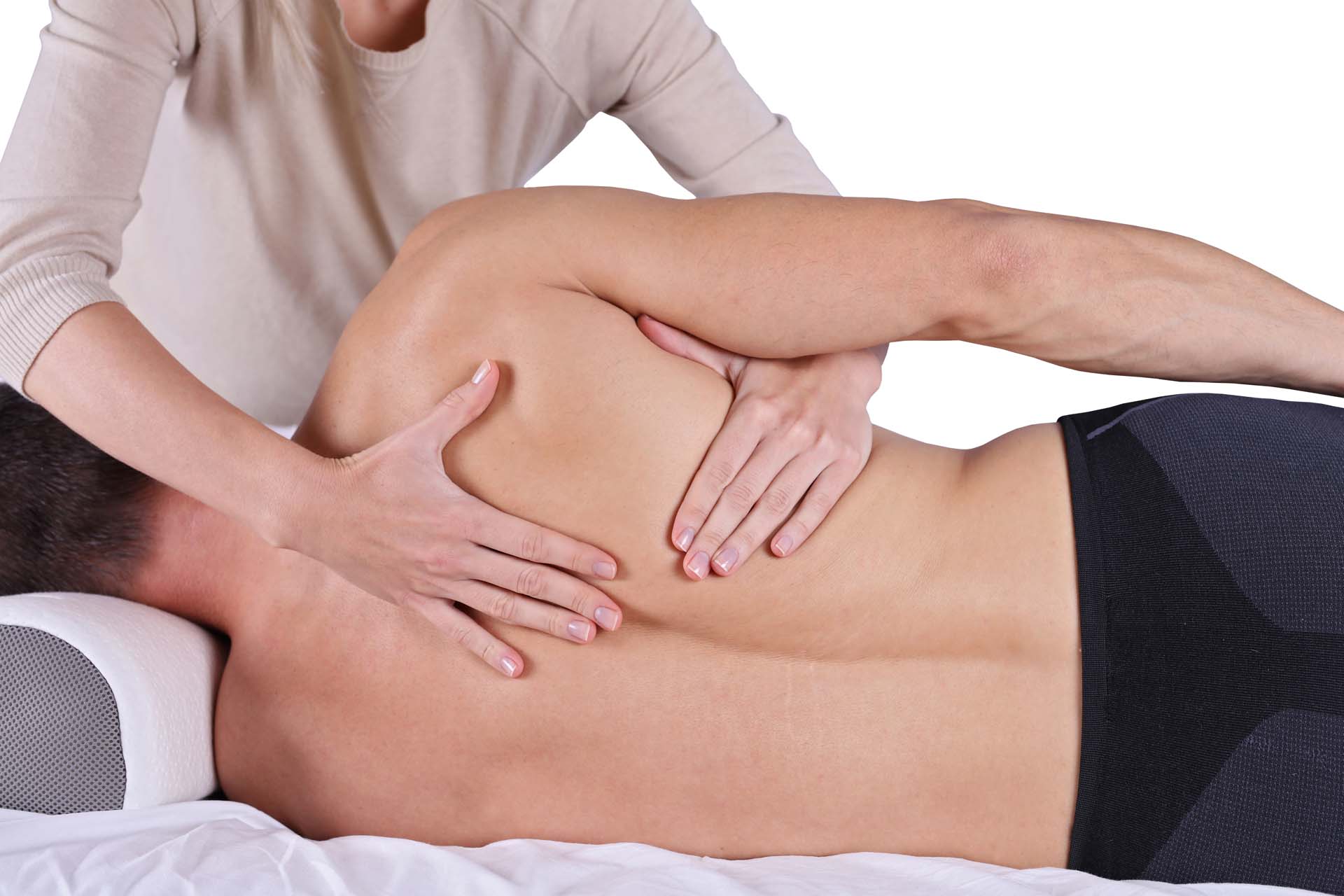Training path
The professional figure linked to this type of discipline is that of the podiatrist , a professional who has achieved a three-year degree in Podiatry. This course of study is recognized by the Italian State and is part of the degree class of the health professions of rehabilitation, giving those who finish it the opportunity to operate in total professional autonomy myotherapy in Geelong.
In addition to the aforementioned calluses , the pathologies that are treated by this professional figure include the study of the painful conditions of the foot in all its ages (adult, pediatric and geriartic ), nail pathologies and deformations or malformations. The specialist’s skills include the removal of hyperkeratosis , the treatment of onychocryptosis , onychogryphosis and onychomycosis as well as different types for active or passive rehabilitation using orthopedic insoles and other tools.
- Services generally offered by podiatrists
- Warts removal
- Mycological examination
- Foot reflexology
- Disorders and pathologies generally treated by podiatrists
- Nail diseases
- Hallux vagus.
FOOT EXAMINATION
The in-depth study of the foot, of the support, of the walk and of the posture is of fundamental importance for the achievement of the well-being and health of the foot and of the person, both in the presence of pathologies or painful situations of the elderly, of the adult and of the child, both in sports.
Podiatry study
To reach a correct definition of the problem, it is necessary first of all to perform a complete physical examination of the foot, thanks to the following methodologies: Accurate medical history to evaluate the patient’s characteristics such as age, weight, previous and present pathologies, sporting activities, work, habits; Palpatory and morphological examination, which analyzes the foot clinically from a muscular, skin, bone-joint, tendon, circulatory and neuron point of view;
Examination in closed and open kinetic chain orthostasis;
Baropodometric examination with baropodometric platform (from the Greek “measurement of the pressure of the foot”) which detects the pressure of the foot both in an upright position (static examination) and during walking (dynamic examination). The data obtained are sent to a computer which is equipped with a dedicated software for their processing and graphic representation;
Examination of the shoe in relation to its wear and any digital orthoses and insoles already in use;
Drafting of the report, which concerns the diagnosis and prognosis issued by the professional after the various clinical and diagnostic tests.
Among the most common treatments that the podiatrist deals with are:
The correction of pathologies such as hallux valgus, hammer toes, metatarsalgia.
The provision of specialized treatments such as dermatological treatments: fungal infections of The toenails (onychomycosis) are among the most frequent, together with calluses on the soles of the feet
The study of the feet for the preparation of orthopedic insoles.
























